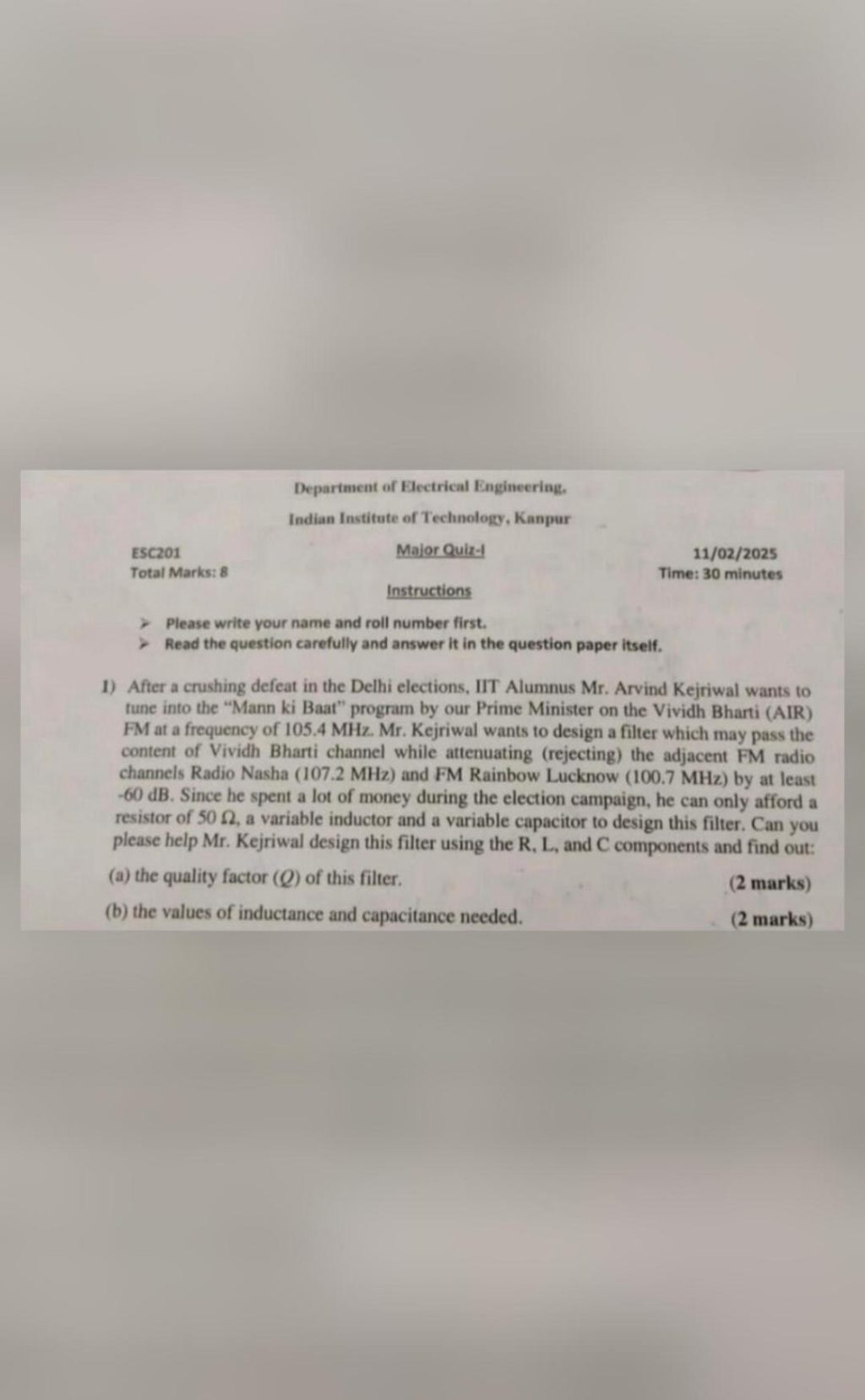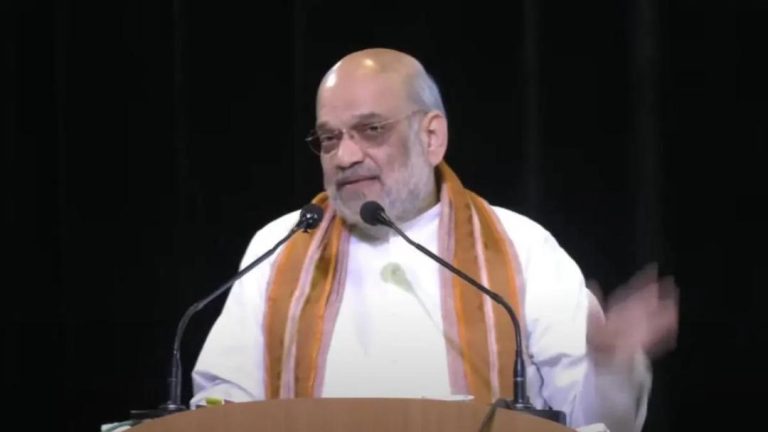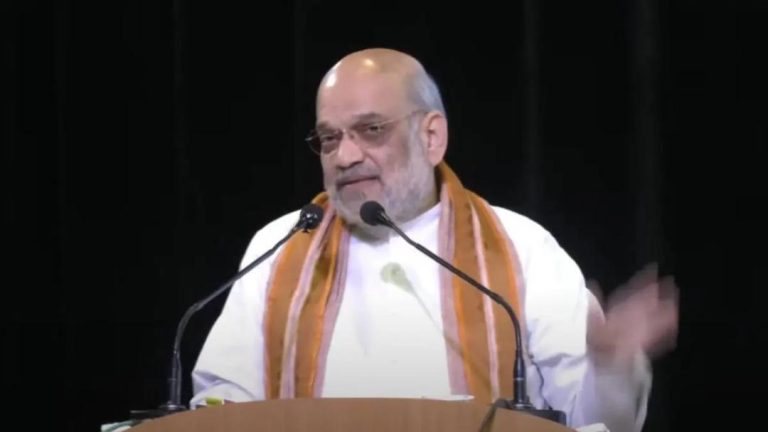
Wanted Exam to be More Engaging: IIT Kanpur on ‘Kejriwal & Mann Ki Baat’ Question
In a recent development that has left many surprised and intrigued, a question paper from IIT Kanpur has gone viral on social media platforms. The question, which asked students to design a filter for Arvind Kejriwal, the Chief Minister of Delhi, to help him tune into Prime Minister Narendra Modi’s ‘Mann Ki Baat’ after the Delhi poll loss, has sparked a debate on the way exams are designed and conducted. The question paper has been confirmed by the institute, and in a statement, IIT Kanpur has explained that the professor who drafted the paper likes to use references to well-known personalities to make exam questions more engaging.
The question paper was part of a course on signal processing, and it was designed to test students’ skills in designing a filter that could help Arvind Kejriwal tune into ‘Mann Ki Baat’, a monthly radio address by the Prime Minister. The question was meant to be a thought experiment, and it was not intended to be taken literally. However, it has sparked a debate on the role of politics in education and the way exams are designed.
The question paper has been widely shared on social media platforms, and many have raised questions about the relevance of such a question in an exam. Some have argued that the question is too subjective and does not test the students’ knowledge and skills in signal processing. Others have argued that the question is too political and does not belong in an exam.
However, IIT Kanpur has defended the question, saying that it was meant to be a thought-provoking exercise and not a serious exam question. The institute has also clarified that the professor who drafted the question likes to use references to well-known personalities to make exam questions more engaging. This approach is meant to encourage students to think creatively and critically, and it is not intended to be taken literally.
The debate on the question paper has also sparked a discussion on the role of politics in education. Some have argued that politics has no place in education, and that exams should be designed to test students’ knowledge and skills in a neutral and objective manner. Others have argued that politics is an integral part of society, and that it is important to engage with it in a critical and thoughtful manner.
In conclusion, the question paper from IIT Kanpur has sparked a debate on the way exams are designed and conducted. While some have raised questions about the relevance and political nature of the question, others have argued that it is a thought-provoking exercise that encourages critical thinking and creativity. The debate is a reminder that exams are not just about testing students’ knowledge and skills, but also about engaging with the world around us in a critical and thoughtful manner.




